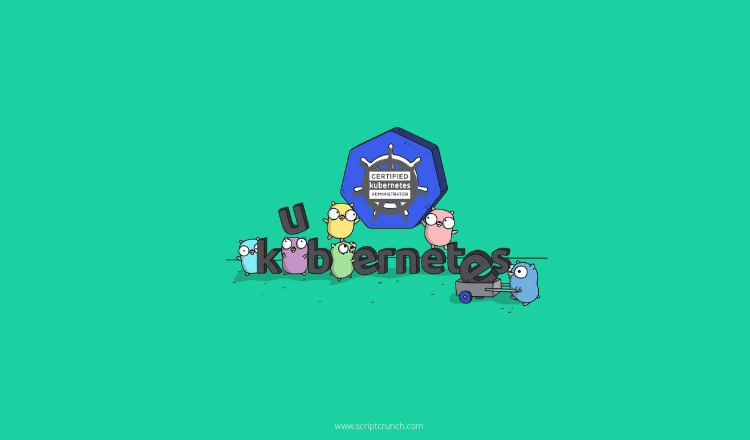This comprehensive CKA certification exam study guide covers all the important aspects of the Certified Kubernetes Administrator exam and useful resources.
Passing the cloud-native Certified Kubernetes Administrator (CKA) exam is not a cakewalk. To pass the CKA exam, you should have enough hands-on knowledge about Kubernetes cluster components and their associated resources.
Also, It is one of the best DevOps certifications which has a practical exam environment where you have to deal with six Kubernetes clusters. Your practice plays a key role in this exam.
Not to worry, we have covered an awesome list of cka study materials, productive tips, and resources that you could use to ace the CKA exam.
You can use this CKA guide as a learning roadmap for the certified Kubernetes administrator exam.
Certified Kubernetes Administrator(CKA) Exam Study Guide
We have structured the resources in the following categories.
- CKA Certification Coupon
- CKA Exam Overview & Syllabus
- CKA Free Practice Labs
- CKA Exam Tips
- CKA Detailed Resource List
- Passing the CKA Exam the Easy Way
- Passing the CKA Exam the Hard Way
- Other Useful CKA Resources
- Best CKA Online Training Resources
Note: Dont miss the bonus materials given towards the end.
[30% Off] CKA Certification Voucher Code
Your first step toward CKA is to register for the exam. You can appear for the exam anytime in 12 months with a free retake.
Register today and use the exclusive DevOps engineer sale for the CKA exam to get a 30% discount on CKA, KCNA, CKAD, and CKS certifications. This code expires soon.
Use Coupon: SCRIPT30 at checkout
If you are planning for CKA & CKS certifications, it is better to buy the CKA+CKS bundle. You will be able to save up to 40% ( $382 savings).
Use Coupon:

